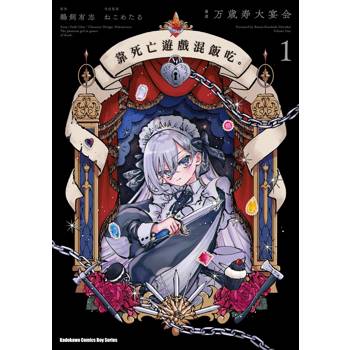"Little Meg’s Children" by Hesba Stretton is a poignant Victorian literature piece, nestled within the realm of children’s fiction. Set in England during the 19th century, it delves into the challenges of poverty and social issues, centering around an orphanage where Meg, a kind-hearted soul, nurtures a makeshift family. Through her Christian faith and acts of charity, Meg embodies redemption, offering hope to the downtrodden. The narrative emphasizes the importance of family bonds, friendship, and morality amidst adversity. Stretton’s portrayal of Victorian England captures the stark realities faced by many, yet infuses the narrative with a sense of optimism and resilience. As Meg navigates the complexities of her surroundings, she becomes a beacon of hope, illustrating the transformative power of love and compassion. "Little Meg’s Children" stands as a timeless tale, resonating with readers across generations. Its exploration of social injustices and the triumph of the human spirit continues to inspire, reminding us of the enduring significance of kindness and empathy in a world fraught with challenges.
| FindBook |
有 1 項符合
Little Meg’s Children的圖書 |
 |
Little Meg’s Children 作者:Stretton 出版社:Double 9 Books 出版日期:2024-06-01 語言:英文 規格:平裝 / 66頁 / 21.59 x 13.97 x 0.41 cm / 普通級/ 初版 |
| 圖書館借閱 |
| 國家圖書館 | 全國圖書書目資訊網 | 國立公共資訊圖書館 | 電子書服務平台 | MetaCat 跨館整合查詢 |
| 臺北市立圖書館 | 新北市立圖書館 | 基隆市公共圖書館 | 桃園市立圖書館 | 新竹縣公共圖書館 |
| 苗栗縣立圖書館 | 臺中市立圖書館 | 彰化縣公共圖書館 | 南投縣文化局 | 雲林縣公共圖書館 |
| 嘉義縣圖書館 | 臺南市立圖書館 | 高雄市立圖書館 | 屏東縣公共圖書館 | 宜蘭縣公共圖書館 |
| 花蓮縣文化局 | 臺東縣文化處 |
|
|
圖書介紹 - 資料來源:博客來 評分:
圖書名稱:Little Meg’s Children
|











